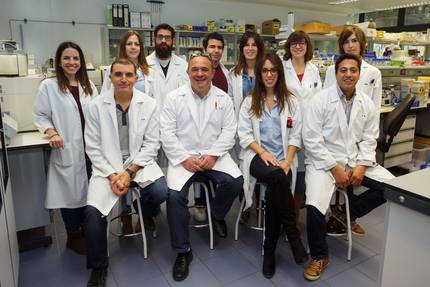Benefits of harmful fungi and bacteria for plants

Numerous fungi and bacteria harmful to plants emit compounds that promote the growth of plants, have shown researchers from the Navarro Institute of Agrobiotechnology. The discovery can serve to improve the performance of plants in agriculture as an alternative to conventional chemical treatments. The results have been published in two articles, Plant Cell & Environment and Plant Physiology.
“This research proposes for the first time the concept of ‘bad bichos, beneficial workers’, explains researcher Javier Pozueta. It was known that certain beneficial microorganisms emit volatile compounds that stimulate growth. However, researchers have found that many other microorganisms, including harmful bacteria and fungi, also emit this type of substances.

“When detecting these substances, the plant takes it as an attack and begins to grow as soon as possible to reproduce as soon as possible,” explains Pozueta. In this way, a positive response is achieved from the human point of view.
The two published papers have analyzed the biochemical mechanisms involved in this response. And they have shown that the compounds emitted by the mycoorganisms increase the growth of the plants, the flowering and the accumulation of reserve substances. For the poet, an important quarry of biostimulant substances of great potential are non-beneficial microorganisms, “an unexplored and future quarry”.





